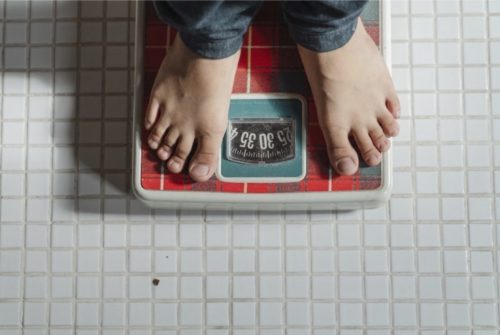Time to get things moving.
During level 1, it is completely normal to experience some mild form of constipation. Constipation is characterized by less than three bowel movements per week and there is a misconception that it is “necessary” to have a bowel movement every day. The normal length of time between bowel movements varies widely from person to person. Some people have them three times a day. Others have them just a few times a week. Going longer than 3 or more days without one, though, is usually too long and qualifies as constipation.
Because you are consuming more nutrient-dense foods than your body may have been used to digesting and the bulk of the foods you are eating are all being absorbed by the body; there is little to no waste. This can certainly be a change for people starting the betr health protocol.
Always listen to your body and make sure to use the restroom when nature calls. Holding back on using the restroom “until a better time” and resisting the urge will only compound the problem. Stress will also exacerbate the problem of constipation so find some ways to relax with stress-reducing activities you enjoy. Most important is that you alert your coach immediately if you are feeling signs of constipation so they can recommend the best solution for you.
If you have not had a bowel movement after two days, we suggest:
1. Hydration
Being dehydrated regularly can make you become constipated. To prevent this, it’s important to drink enough water and stay hydrated. Remember to target half your body in ounces, up to a max of 70 ounces (add more if in a hot climate or are active–then drink to thirst.) Drinking hot water with fresh-squeezed lemon and fresh ginger in the morning can also help stimulate elimination.
2. Vegetarian Proteins
Add vegetarian proteins into your meal rotation. Beef and animal proteins can sometimes slow down digestion.
3. Apples
Try eating more apples for the day to increase your insoluble fiber for more active motility. Insoluble fiber absorbs water and forms a gel-like paste, which softens your stools and improves the consistency naturally.
4. Chia Seeds
Add chia seeds to your meals or bottled water. Just 1 ounce (2 Tbsps) meets 42% of a healthy adult’s daily fiber needs. Chia seeds create a gel to soften stools and can absorb up to 12 times it’s own weight in water, which can add bulk and weight to stools.
5. Probiotics
Increasing your probiotics and enzymes for a couple of days can also help offset symptoms of constipation and repopulate the large intestinal colonies with healthier gut microflora.
6. Exercise
Exercise most days of the week. When you move your body, the muscles in your intestines are more active too. So build in times to move with walking throughout the day.
7. Smooth Move Tea
Try a cup of Smooth Move Tea at night time. The ingredient, senna, works naturally by stimulating your intestines and aiding your body’s natural elimination process.





